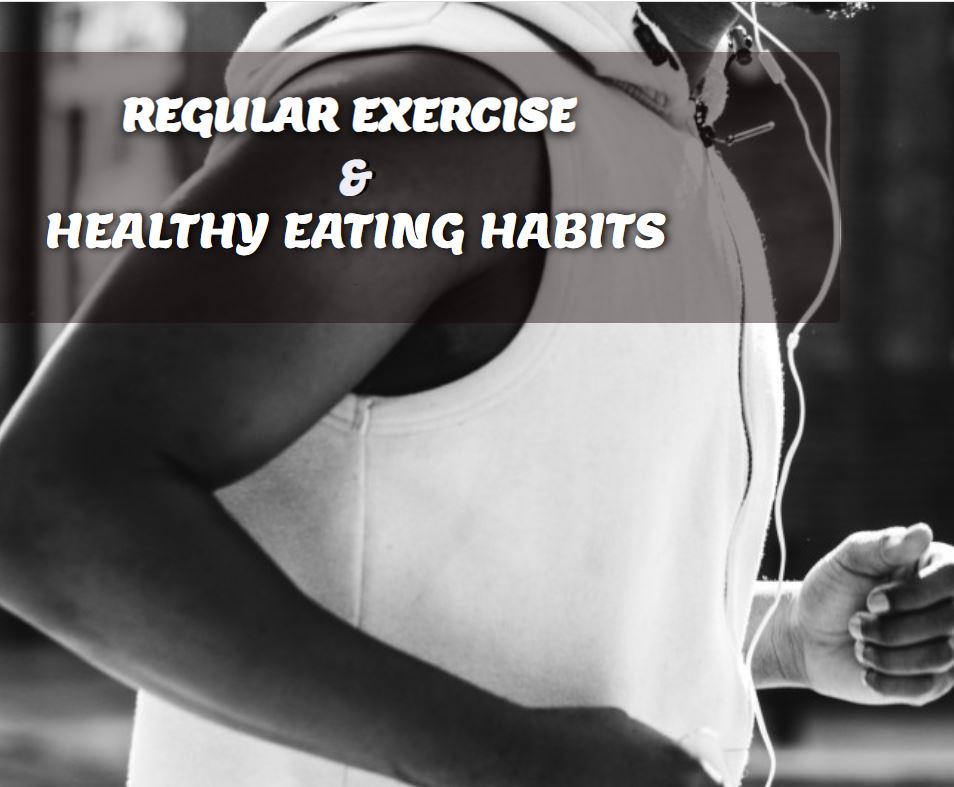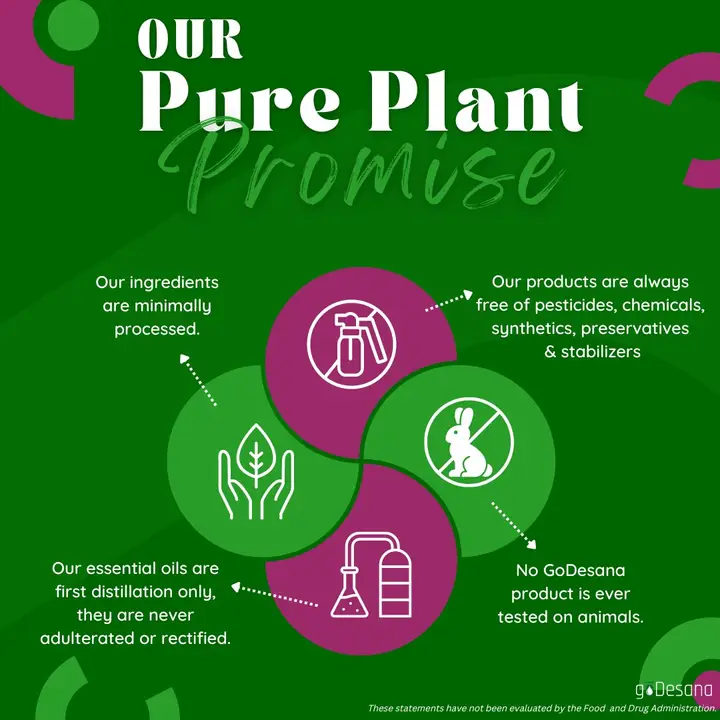TIPS TO REDUCE PARENTAL STRESS
Tips to Reduce Parental Stress
Tips to reduce parental stress.
Life can be very stressful at times, but get the right balance between work, family and personal care can be a stressful.
Here are some tips to reduce parental stress.
1. Management
Prioritize Tasks:
Identify and focus on the most important tasks each day.
Delegation:
Divide household chores and responsibilities with partners or older children if possible.
Create a Schedule:
Develop a daily routine to streamline tasks and reduce last-minute stress.
2. Self-Care:
Exercise:
Find time for exercise, even if it’s a short walk or a quick workout, to boost mood and energy levels.
Nutrition:
Maintain a balanced diet to keep energy levels steady and improve overall well-being.
Sleep:
Aim for adequate sleep and, if possible, take short naps to recharge.
3. Mental Health
Mindfulness and Meditation
Practice mindfulness or meditation to manage stress.
Seek Professional Help:
Don't hesitate to reach out to a mental health professional for support.
Positive Attitude:
Practice gratitude and focus on positive aspects of life to improve mental outlook.
4. Support System:
Family and Friends:
Lean on family and friends for emotional support and practical help.
Support Groups:
Join support groups for moms, either in-person or online, to share experiences and advice.
Childcare Help:
Utilize babysitters, daycare, or relatives for childcare assistance to get some personal time.
5. Work-Life Balance:
Flexible Work Options:
If possible, discuss flexible working hours or remote work options with your employer.
Set Boundaries: Establish clear boundaries between work and home life to prevent burnout.
Breaks: Take regular breaks during work to relax and recharge.

Get Active
Get active - make regular exercise a part of your daily/weekly routine.
There are several benefits to exercising.
Exercise and physical activity can significantly improve mental health. Here are some ways:
1. Releases endorphins:
Exercise triggers the release of endorphins, the body's natural mood-boosters, which can help reduce stress, anxiety, and depression.
2. Reduces stress:
Physical activity helps manage stress by lowering cortisol levels, the body's primary stress hormone.
3. Improves self-esteem:
Achieving fitness goals and improving physical appearance through exercise can boost self-confidence and self-esteem.
4. Provides a sense of accomplishment:
Setting and achieving exercise goals can provide a sense of accomplishment and empowerment.
5. Enhances cognitive function:
Regular exercise can improve memory, focus, and overall cognitive performance.
6. Promotes better sleep:
Physical activity can help regulate sleep patterns, leading to more restful and restorative sleep, which is essential for mental well-being.
7. Offers social interaction:
Participating in group fitness activities or exercising with friends can provide social support and reduce feelings of loneliness or isolation.
8. Serves as a healthy coping mechanism:
Exercise can be a positive outlet for managing difficult emotions and can serve as a healthy alternative to negative coping strategies.
9. Increases energy levels:
Regular physical activity can boost energy levels, helping to combat fatigue and lethargy often associated with poor mental health.
10. Provides a sense of control:
Engaging in regular exercise can provide a sense of control over one's health and well-being, which can be empowering for those struggling with mental health issues.
To experience these benefits, aim for at least 150 minutes of moderate-intensity aerobic activity or 75 minutes of vigorous-intensity aerobic activity per week, along with strength training exercises at least twice a week.

Taking time out to care for your mental health and wellness is vitally important to help you function daily.
Be aware of your environment and who you connect with on a daily basis. If your environment is toxic, it will affect you directly or indirectly.
As you continue on your mental health and wellness journey, you may find that you have to make certain changes in your life to limit toxic relationships. Try as much as you can, to keep your space limited to anything that is unhealthy.
Meditation
The benefits of meditation
- Reduce pain & enhances the body's immune system
- Reduce feelings of depression, anxiety, anger & confusion
- Increases blood flow & slows the heart rate
- Provides a sense of calm, peace & balance
- Increase energy
- Reduce stress
- Helps control thoughts
- Helps reverse heart disease
The Benefits of a Massage
- lowers stress
- improves mood
- increase immune system
- release muscle tension & spasm
- aid in recovery after exercise
- prevents injuries
- enhance athletic performance
- reduce inflammation and swelling
Sign up now for Free! Get an oil or oils each month and start your collection of high quality and affordable oils.
Join our Oil Of The Month Oil and add artisan oils to your collection.



